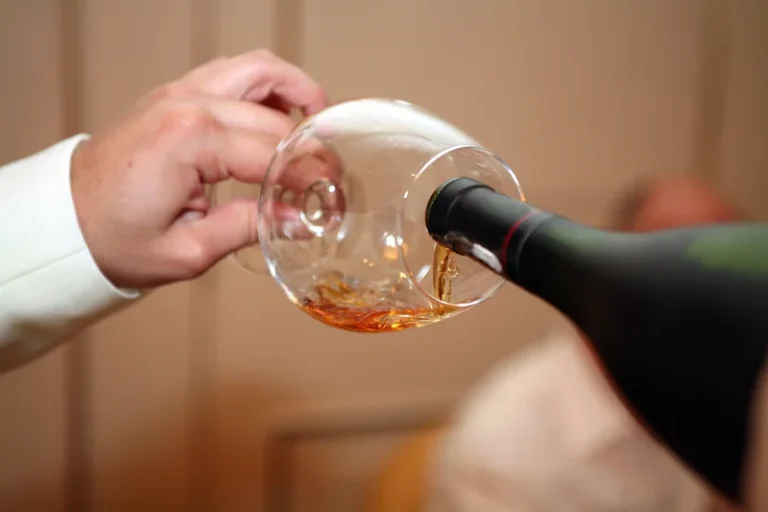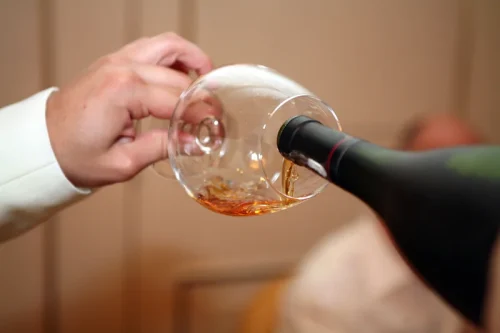- info@sunrisewebtechnology.com
What Does a Substance Abuse Counselor Do?

You’ll learn to replace negative thoughts and feelings with healthy ones that will help you stay clean. Some may recommend inpatient care at a substance abuse rehab center if they believe it is best for the patient. Counselors are trained to think beyond the counseling session and always make treatment decisions in the patient’s best interest. The median annual salary for substance abuse counselors was $48,520 in May 2021. Bureau of Labor Statistics, the lowest 10% of wage earners make less than $30,870, while the highest 10% earn more than $77,980.
Resources for Further Information and Support

Behavioral therapies help people in drug addiction treatment modify their attitudes and behaviors related to drug use. As a result, patients are able to handle stressful situations and various triggers that might cause another relapse. Behavioral therapies can also enhance the effectiveness of medications and help people remain in treatment longer. For people with addictions to drugs like stimulants or cannabis, no medications are currently available to assist in treatment, so treatment consists of behavioral therapies. Treatment should be tailored to address each patient’s drug use patterns and drug-related medical, mental, and social problems. Outpatient programs can be in-person or using telehealth (meaning care online or over the phone).
Empowering paths to recovery and healing.
The frequency and duration of these sessions can vary depending on your needs and the stage of your recovery. Substance abuse counselors serve as your personal guide toward recovery. Addiction doesn’t only affect your life; your whole family is transformed. Successful treatment is more likely when you have strong relationships with family and friends. Various counseling methods include your spouse and other family members.
- One survey found that 71% of professionals employed in the addictions workforce held a bachelor’s degree or higher.
- A career in substance abuse counseling calls for a unique blend of compassion, resilience, and a desire to assist others in their journey toward recovery and improved mental health.
- Keep in mind that individual counseling or therapy is not always a high enough level of care, especially in early recovery.
- Participants should consult an appropriate health care professional to determine what may be right for them.
- This form of treatment can be done at a doctor’s office or via telehealth appointment.
Medical Disclaimer
In addition to working with the individual with a =https://ecosoberhouse.com/ substance use problem, counselors also work with couples, families, and others who may be affected by an individual’s substance use. If you’re seeking help for yourself or a loved one, our expert team is here to guide you every step of the way. Approved medications for alcohol use disorder and tobacco use disorder are also available.
State Requirements

Often, substance abuse counselors will focus on addressing complications in your life caused by substance use and on helping you develop relapse prevention skills. They’ll only delve into the issues underlying your substance use after they’ve helped you gain some stability in your recovery. Some therapists have the education and training to treat substance use disorders, but not all do.

Can addiction be treated successfully?

Cognitive behavioral therapy, family counseling, and other types of therapy can help you stay clean. Psychotherapy can also treat other mental health conditions that often play a role in substance abuse. It should not be used in place of the advice of your physician or other qualified healthcare provider. Requirements to become a substance substance abuse counseling abuse counselor can vary, often depending upon the type of setting and employer. For most positions, a bachelor’s degree is required to be an addiction counselor. Additionally, addiction counselors must complete continuing education courses every year and pass a state-issued exam.
Treatments for Alcohol Use Disorder
- We strive to create content that is clear, concise, and easy to understand.
- Cognitive behavioral therapy, or CBT, teaches you how to recognize moods, thoughts, and situations that fire up drug cravings.
- We publish material that is researched, cited, edited and reviewed by licensed medical professionals.
- Official websites use .gov A .gov website belongs to an official government organization in the United States.
If you want to find out whether your state licenses substance abuse counselors, you can go to our state-by-state license lookup guide. The information and therapeutic approaches in this content are provided for informational and/or educational purposes only. It is not meant to be used in place of professional clinical consultations for individual health needs. Participants should consult an appropriate health care professional to determine what may be right for them.

While any counseling therapy for drug abuse treatment is better than none, group therapy is generally preferred over individual therapy. In group therapy, you’re more likely to be both challenged and supported by peers who are also going through rehab. The Twelve-step program main goal of a drug abuse counselor is to help a recovering individual learn to get and stay sober. The work of a drug abuse counselor requires qualities such as compassion, patience, understanding and sensitivity.
Opioid Settlement Fund Tracker
They often counsel individuals or groups to help people understand the factors contributing to addiction. Helping people develop new coping skills and ways of thinking is another important part of what substance abuse counselors do. Substance abuse treatment at The Recovery Village includes a dual diagnosis process to identify co-occurring disorders so that mental health counseling can be integrated accordingly. For many clients, the two diagnoses (substance abuse and mental health disorder) are deeply intertwined, requiring simultaneous treatment.
